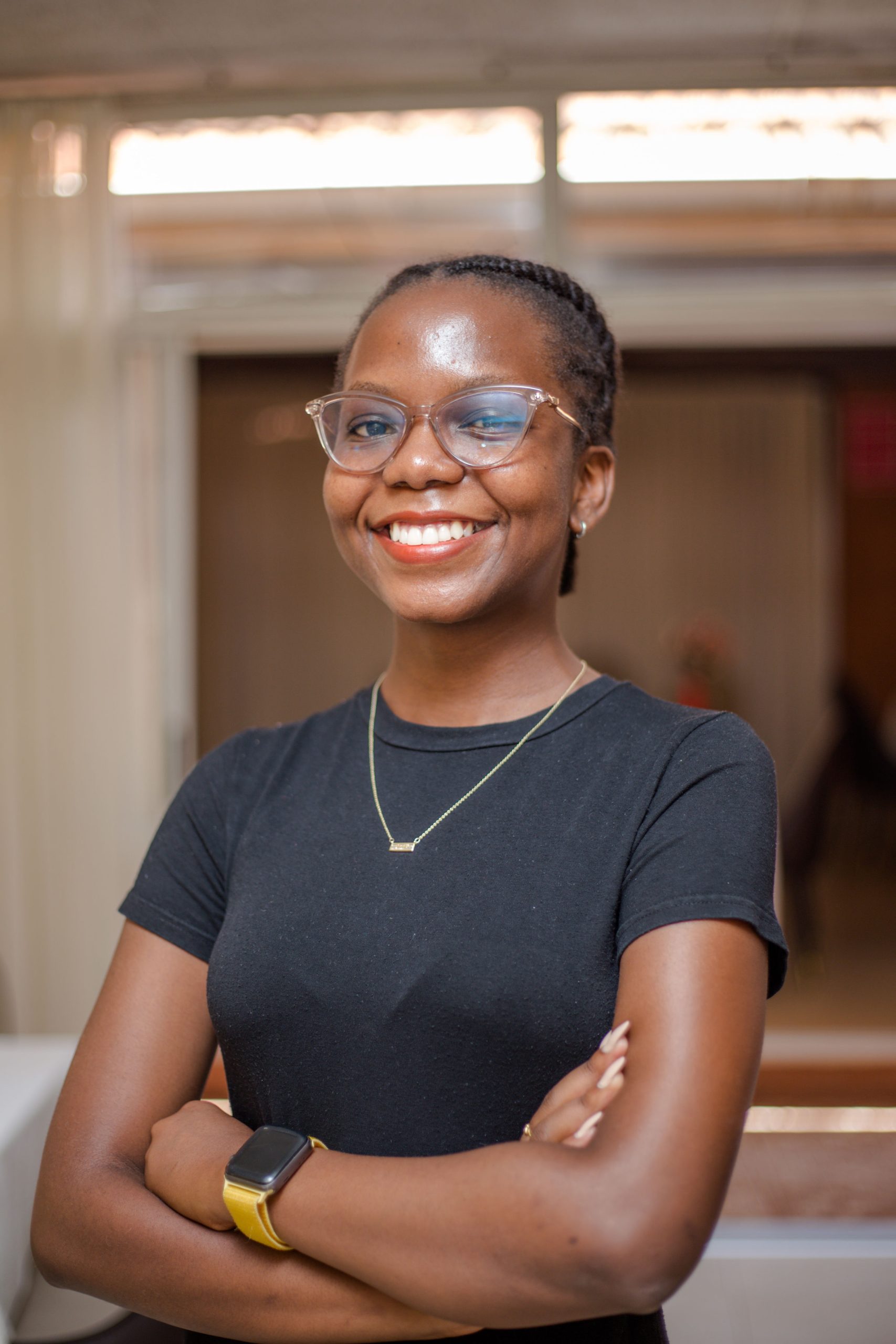

POWER Entrepreneur: Joan Patience Atuhaire, SimplyFP
Empowering Women Entrepreneurs: The POWER to Transform Family Planning in Uganda
We recently had the privilege of speaking with Joan Patience Atuhaire, the Chief Executive Officer of SimplyFP, an innovative startup in Uganda that is part of a new initiative called POWER (Providing Opportunities for Women in Entrepreneurship and Reproductive Health). POWER is a startup accelerator partnership funded by DSW and led by Action for Health Uganda. The program is designed to provide training, capacity development, and mentoring for twelve women entrepreneurs aged 18 to 30. The primary focus of POWER is to empower these young women to develop sustainable businesses in the fields of family planning and sexual reproductive health and rights (FP/SRHR).
Joan is a psychologist by profession, social entrepreneur, and youth activist in the field of FP/SRHR and a graduate of Community Psychology from Makerere University. SimplyFP is an on-demand application that provides accurate information about family planning products, contraceptives, and essential health services packed in one kit referred to as “Safe Pleasure Kits”. SimplyFP aims to dispel misinformation about family planning and counteract harmful cultural beliefs. Joan is driven by her vision of a world where all Ugandans can conveniently access FP/SRHR products to serve their different needs. She strongly believes in the power of choice and the potential that digital solutions hold in promoting access to FP/SRHR services for young people. Her customers are Ugandan youth; adolescents that are curious and in need of supportive structures to help her/him make informed choices about their sexual and reproductive health needs and rights. Her startup enables users to ask questions about FP/SRHR and receives real-time responses from all health facilities and professionals, including delivery of ‘Safe Pleasure Kits’ and other products at their doorsteps.
Q1: Can you share with us your journey of becoming an entrepreneur and what inspired you to start a business in the family planning and sexual reproductive health and rights sector?
Joan: My journey of becoming a social entrepreneur in the field of FP/SRHR started way back in 2020 when I lost a relative (my aunty) while she was giving birth just because she didn’t want to use contraceptives as we come from a strong Catholic background. I was also driven by passion while working in the field with young people. Before and after school, I worked with various youth-focused organizations such as United Social Venture as an intern, Young Women Alliance for Human Rights as programs officer, and My Musawo, as Director of operations. It’s from these exposures that I felt the need to start up a social enterprise that acts as a one-stop centre for accessing FP/SRHR services and other essential health services in Uganda with a focus on safe pleasure kits, condoms, contraceptives, sexual wipes, menstrual hygiene products, among others. During my field exposures, I learned skills in pitching and working with young people, so I kept on looking out for opportunities with accelerator programs in the field of FP/SRHR but in vain until I landed on one advertised by Action for Health Uganda and DSW in partnership with Capital Solutions. I applied and was enrolled in the program. At this point that I felt my dream was coming true because I had the idea but lacked basic information on FP/SRHR.
Q2: How has your participation in the POWER pilot project impacted your business and personal growth? Are there any specific skills or knowledge that you gained during the program that have been particularly valuable?
Joan: To me, the POWER accelerator program was an enabler because it helped me shape my business all the way to fruition. I initially had just an idea in my head but didn’t know how to start and turn it into a business. Through the POWER accelerator, I understood the FP/SRHR industry, and I was able to shape and refine my business idea tailored to this sector. It’s at this point that I learned the skills in business planning, networking, and building sustainable partnerships and started building a digital platform called ‘Mokap’ in partnerships with Makerere University. I pretested it and started on-boarding users. I also learned skills in mobilizing resources, and I have used these skills well to secure 5,000 USD from Drake University in the USA to develop a website and refine the app. We also plan to open a physical SRHR shop in Uganda next year.
Q3: Can you tell us about the innovative solution or service your startup offers in the FP/SRHR sector and how it addresses a specific challenge or gap?
SimplyFP offers accurate and reliable SRHR information and family planning products to end-users who access the app. Clients are linked with service providers and healthcare providers at just a click of a button. The app addresses unmet needs in FP/SRHR by addressing the stigma related to fear in accessing commodities such as condoms, contraceptives, and safe pleasure kits for both men and women while ensuring that accurate information on SRHR is provided to youth at their convenience.
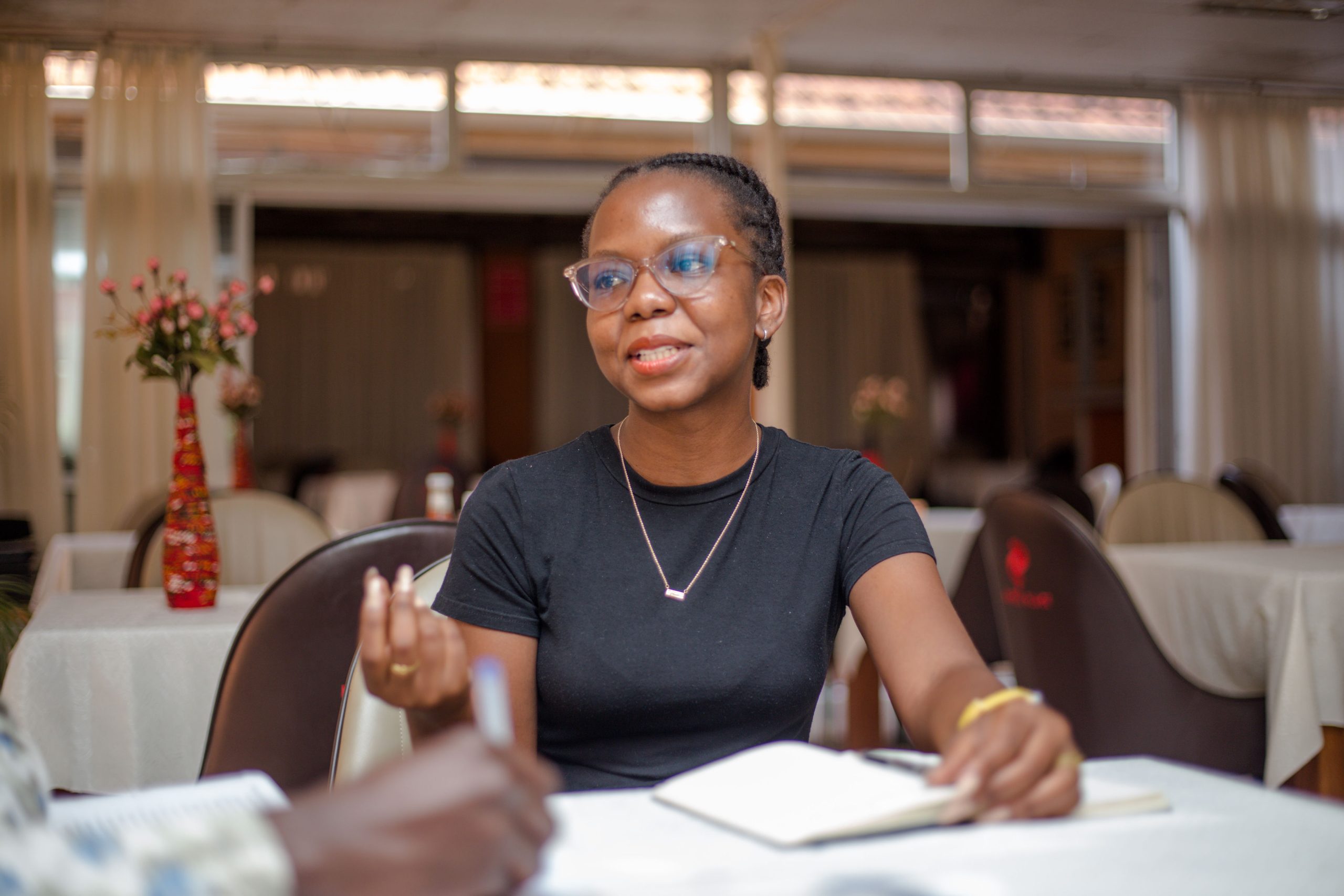
Q4: What were some of the biggest challenges you faced as a woman entrepreneur in Uganda, and how did the POWER pilot project help you overcome or navigate these challenges?
The biggest challenges I faced on the journey of social entrepreneurship have been access to the market, legal restrictions on selling modern contraceptives in Uganda which require certification and licensing by the National Drug Authority and Allied Medical Professional Council, securing investment for a startup that has not been in operation for two or more years, and drawing a line between social impact and business which can become challenging as you could find yourself drained into charity work due to limited funding. There is no legal framework supporting startups in Uganda, and this affects the environment under which startups can thrive. However, through POWER, I gained skills in mobilizing resources. I have succeeded in securing 5,000 USD from Drake University in the US, got exposure with the Mandela Fellowship Program and US Mission in Uganda. Through the Social Entrepreneurship Forum, we are pushing for a policy for startups in Uganda, and a technical working group has been established to spearhead advocacy efforts with decision-makers.
Q5: Could you share a success story or a memorable milestone that you achieved during your participation in the POWER pilot project? How did it contribute to the growth and impact of your business?
Through POWER, I continued conducting market research on the basic needs and client feedback, which has helped me shape SimplyFP. We have successfully developed and tested the app and got an opportunity to demonstrate it with the US Embassy in Uganda. We have expanded our product range from contraceptives to maternal and child health, men and women safe pleasure kits, and include bi-directional referrals for critical adolescent health services. In addition, we have established and nurtured partnerships with various stakeholders in Uganda and abroad, such as Drake University and the Mandela Fellowship Program in the USA. I was also able to register SimplyFP in the USA as a Limited Liability Company in partnership with Drake University and Pope John Drake Business Clinic.
Q6: How has the mentorship component of the POWER pilot project played a role in shaping your entrepreneurial journey? Were there any specific mentors or advisors who made a significant impact on your business development?
POWER exposed me to mentors such as Dr. Joyce Tamale, the CEO of Capital Solutions, Sarah Kintu, the CEO of Action4 Health Uganda, and Madam Bernadette of Wabibi Pads. These mentors were inspirational in sharing their life testimonies on the journey of social entrepreneurship and the FP/SRHR industry. I got to know that I cannot move this journey alone; we need mentors, coaches, and advisors. These keep energizing me whenever I feel like giving up.
Q7: Building a network is crucial for entrepreneurs. How has the POWER pilot project helped you establish connections and collaborations within the FP/SRHR ecosystem in Uganda? Are there any specific partnerships or opportunities that have arisen as a result?
POWER provided a platform to meet different people with various expertise to shape my ideas to fruition in the field of FP/SRHR. POWER initiated us into an alumni network and linked us to various players in the field of social entrepreneurship, academia, civil society, and the private sector. During the pitching event, we met with potential donors and government ministries and shared our ideas. This marked the beginning of networking, and I am proud to say I have now established so many networks in Uganda and abroad, registering Simply FP in the USA, Drake University, Mandela Fellowship Program, Maries Topes, Uganda Health Marketing Group (UHMG), DKT, and RHU.
Q8: As an entrepreneur, how do you envision your business contributing to the advancement of family planning and sexual reproductive health and rights in Uganda? What is your long-term vision for your startup?
SimplyFP envisions contributing to shaping a new landscape in FP/SRHR in Uganda by promoting convenient access to and utilization of family planning products, SRHR information by establishing a one-stop physical shop to supplement the online app. This journey will start with building a strong team to push this vision. The good news is we are refining our product and service mix based on client feedback. In January 2024, we shall be launching our online shop to increase our market and be part of the global supply chain for SP and SRHR products in Uganda. We want to establish a safe pleasure shop in Kampala, Mbarara, and Mbale cities to allow walk-in clients to take orders and deliver quality and affordable SRHR/FP products, including modern contraceptives. From this, we shall go international, targeting Nigeria, South Africa, and Kenya.
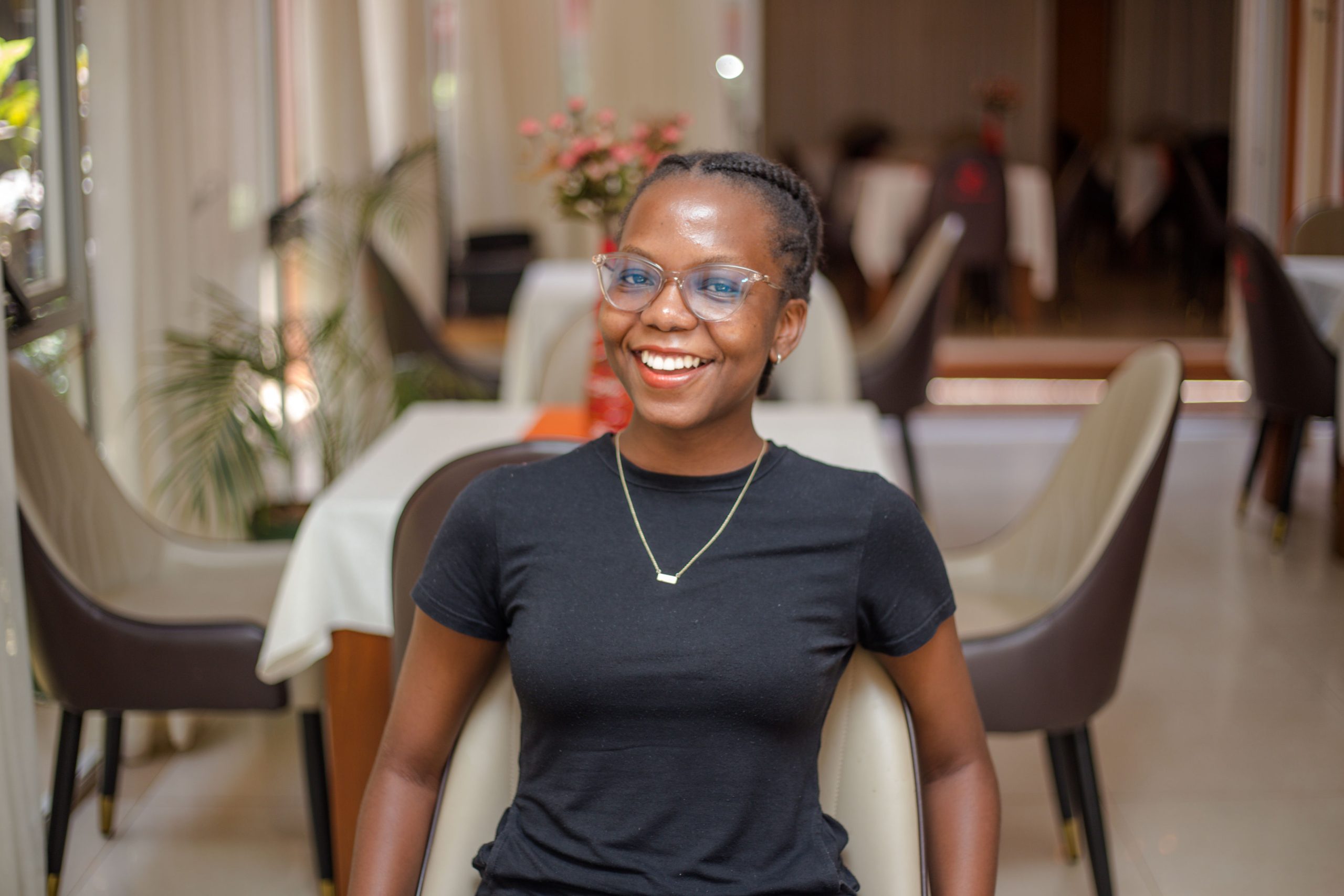
Q9: What advice would you give to other aspiring women entrepreneurs who are interested in starting a business in the FP/SRHR sector? Are there any key lessons or insights you’ve gained along your journey that you would like to share?
Get pillars of support right from your family to well-wishers to mentors and coaches. I had to leave my well-paying job to dedicate time to building my social enterprise, and I don’t regret that because now I see the future bright. I encourage women and girls out there who would like to walk the journey of social entrepreneurship to seek responsible and meaningful partnerships, continuous professional development, exposure to mentors, evolve considering new knowledge, understand and work on your limiting space, and understand that no situation is permanent. Hold each other’s hand because no one is an island; we need each other to keep pushing.
Q10: Looking ahead, what is your future for your startup? Do you have any new projects, expansions, or collaborations in the pipeline?
SimplyFP will be launching a website and a physical FP/SRHR brick-and-mortar shop to serve its clients, especially the student demographic. We plan to pre-test an actual FP/SRHR shop in Uganda. We shall continue building new partnerships locally and internationally with Drake University, Angel Investors, SRHR partners, and accelerator and incubator programs. We shall continue to pitch to potential donors to secure extra resources to scale up our social enterprise and maximize impact.
Joan Patience Atuhaire’s remarkable journey epitomizes the strength of dedication and the potential for transformative change through social entrepreneurship. Her unwavering commitment to empowering women and youth in her community is a beacon of inspiration. Joan’s story reminds us that with determination and innovation, we can reshape the landscape of family planning and sexual reproductive health, fostering a healthier and more prosperous future for everyone in Uganda and beyond.
Find out more about POWER here: https://www.dsw.org/en/power/
Have a question about POWER or would like a chat? Reach out to us!
- Shane O’Halloran, Head of DSW’s Digital Transformation and Business Development Unit. shane.ohalloran@dsw.org
- Hassan Waswa, Social Entrepreneurship Manager, Action for Health Uganda. hassan.waswa@a4huganda.org
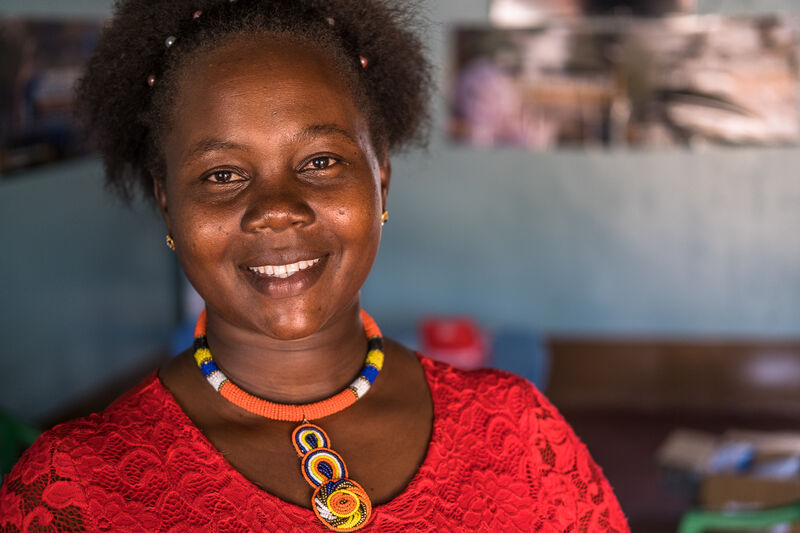
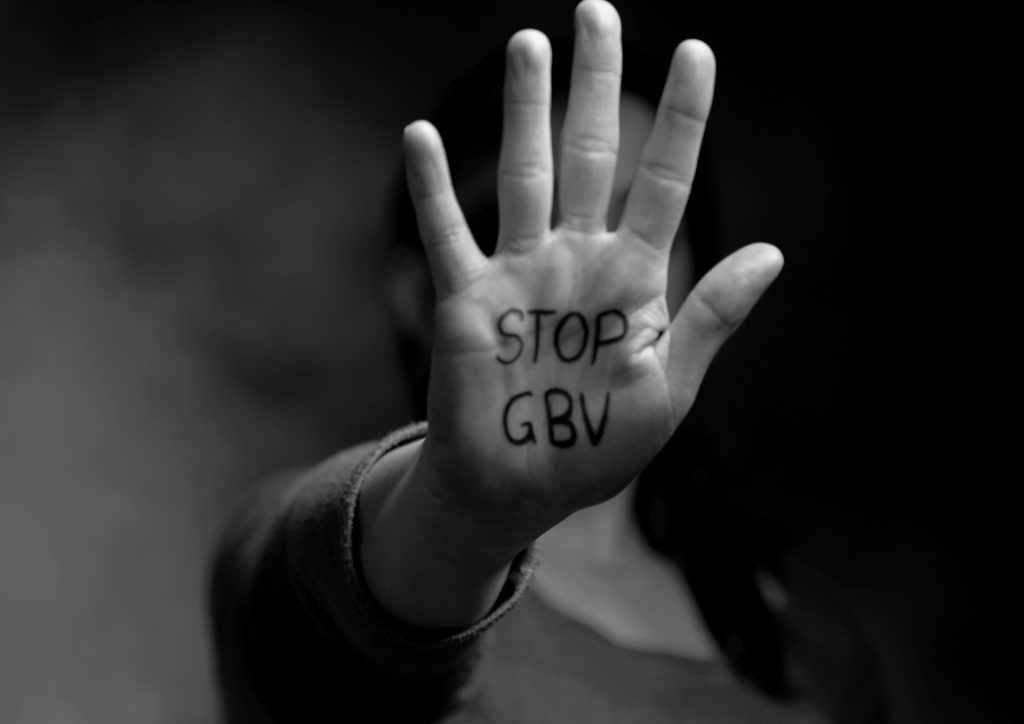
Comments